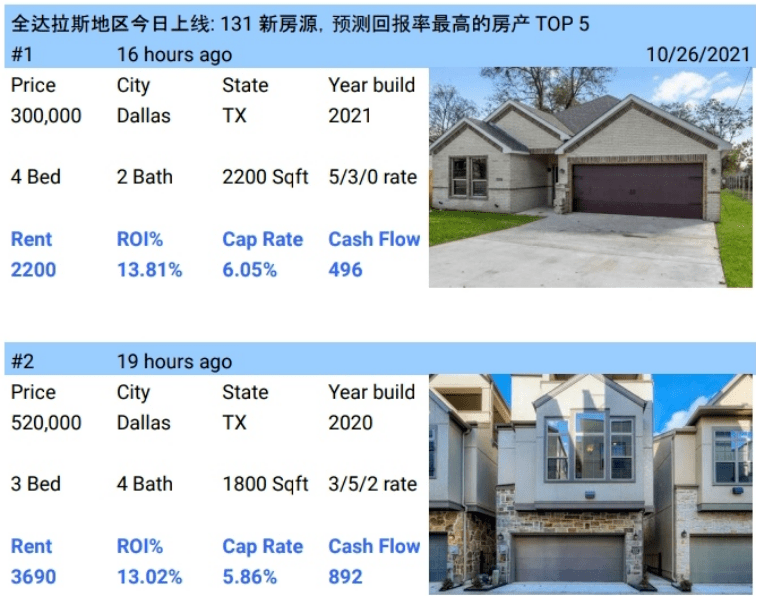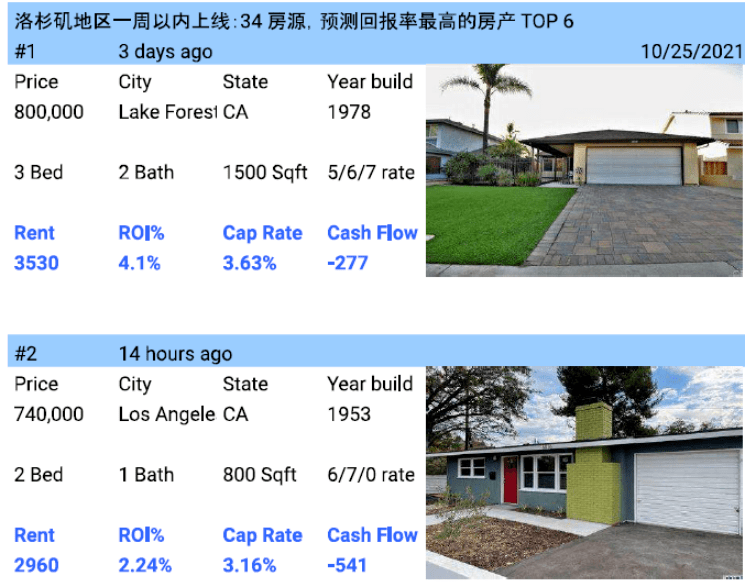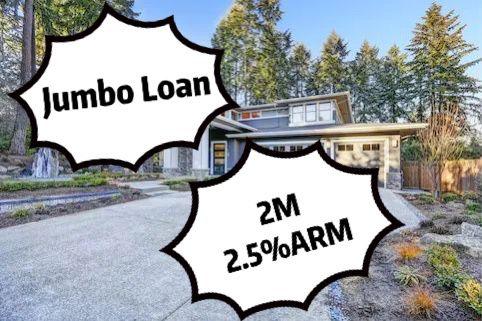Understanding Jumbo Loan Minimum Requirements: A Comprehensive Guide for Homebuyers
#### Jumbo Loan MinimumA **jumbo loan minimum** refers to the minimum amount required for a loan that exceeds the conforming loan limits set by the Federal……
#### Jumbo Loan Minimum
A **jumbo loan minimum** refers to the minimum amount required for a loan that exceeds the conforming loan limits set by the Federal Housing Finance Agency (FHFA). These loans are not eligible for purchase by Fannie Mae or Freddie Mac, which makes them a unique option for buyers looking to purchase higher-priced properties.
#### What is a Jumbo Loan?
A **jumbo loan** is a type of mortgage that is used to finance properties that are too expensive for conventional loans. The limits for conforming loans can change annually based on the average home prices in a given area, but jumbo loans typically come into play when the amount exceeds these limits. In 2023, for example, the conforming loan limit for a single-family home in most areas of the United States is around $726,200, but it can be higher in high-cost areas.
#### Minimum Requirements for Jumbo Loans
When it comes to the **jumbo loan minimum**, lenders have stricter requirements compared to conventional loans. Here are some key factors to consider:

1. **Credit Score**: Most lenders require a minimum credit score of 700 or higher for a jumbo loan. A higher credit score can improve your chances of getting approved and may also secure you a lower interest rate.
2. **Down Payment**: The **jumbo loan minimum** down payment is typically higher than that of conventional loans. While some lenders may accept a down payment as low as 10%, many require at least 20% down.
3. **Debt-to-Income Ratio**: Lenders usually look for a debt-to-income ratio (DTI) of 43% or lower, although some may allow up to 50% in certain circumstances. This ratio is crucial as it helps lenders assess your ability to repay the loan.
4. **Reserves**: Many lenders require borrowers to have cash reserves that can cover several months of mortgage payments. This is particularly important for jumbo loans, where the risk is higher for lenders.
5. **Income Verification**: Since jumbo loans are larger and carry more risk, lenders will require thorough documentation of your income. This may include W-2s, tax returns, and bank statements.

#### Advantages of Jumbo Loans
Despite the stringent requirements, **jumbo loans** offer several advantages:
- **Financing for High-Value Properties**: Jumbo loans allow buyers to purchase luxury homes or properties in high-demand areas without the constraints of conforming loan limits.
- **Flexible Terms**: Many lenders offer flexible terms for jumbo loans, including fixed and adjustable-rate options.
- **No Private Mortgage Insurance (PMI)**: Unlike conventional loans that require PMI for low down payments, jumbo loans typically do not require it, potentially saving borrowers money.

#### Conclusion
Understanding the **jumbo loan minimum** requirements is crucial for any homebuyer considering a high-value property. While the process can be more complex than obtaining a conventional loan, the benefits of securing a jumbo loan can outweigh the challenges. By preparing your finances, improving your credit score, and ensuring you meet the minimum requirements, you can position yourself for success in the competitive real estate market. Whether you're aiming for a luxury home or a property in a desirable location, knowing the ins and outs of jumbo loans can open doors to your dream home.